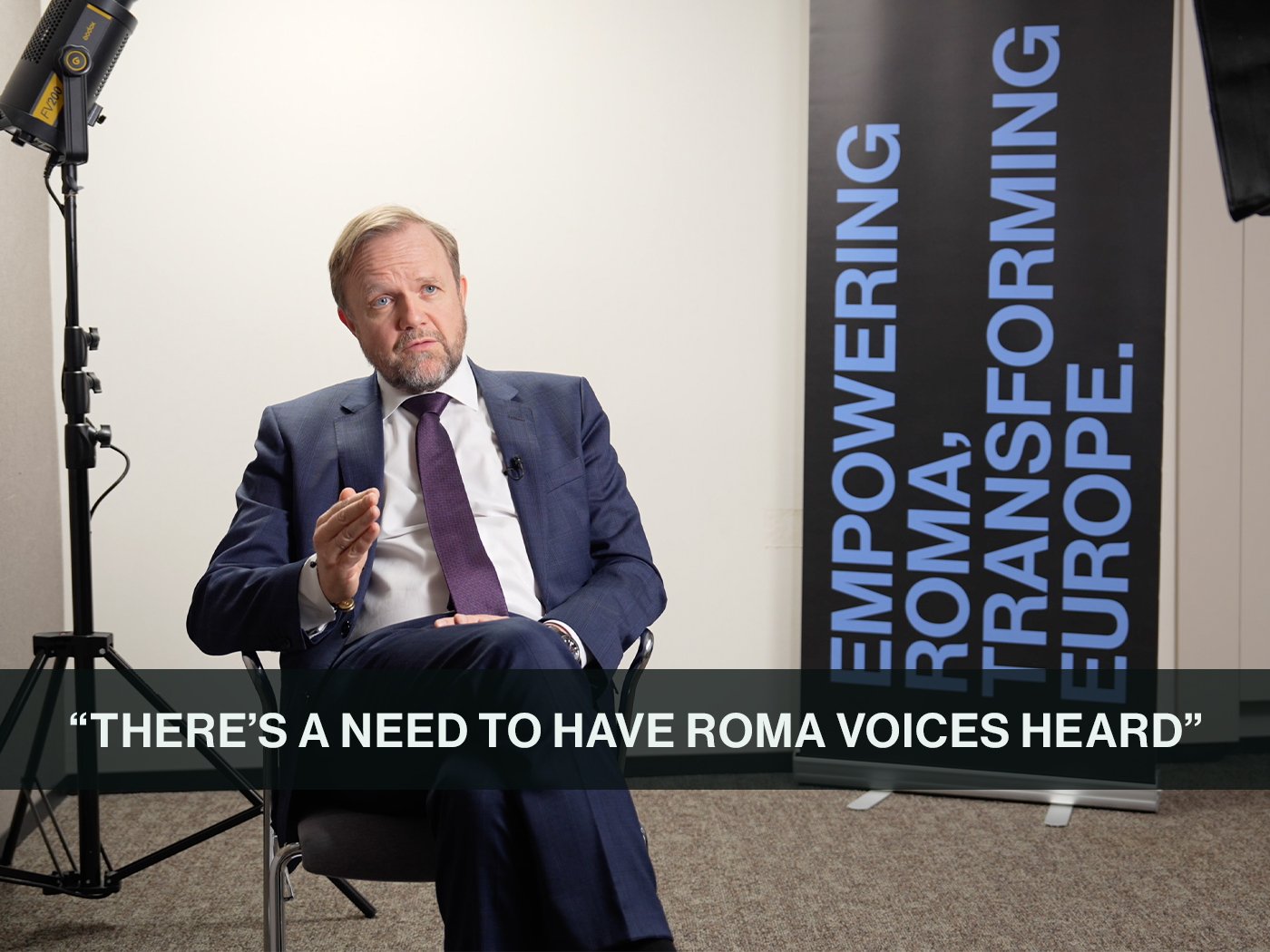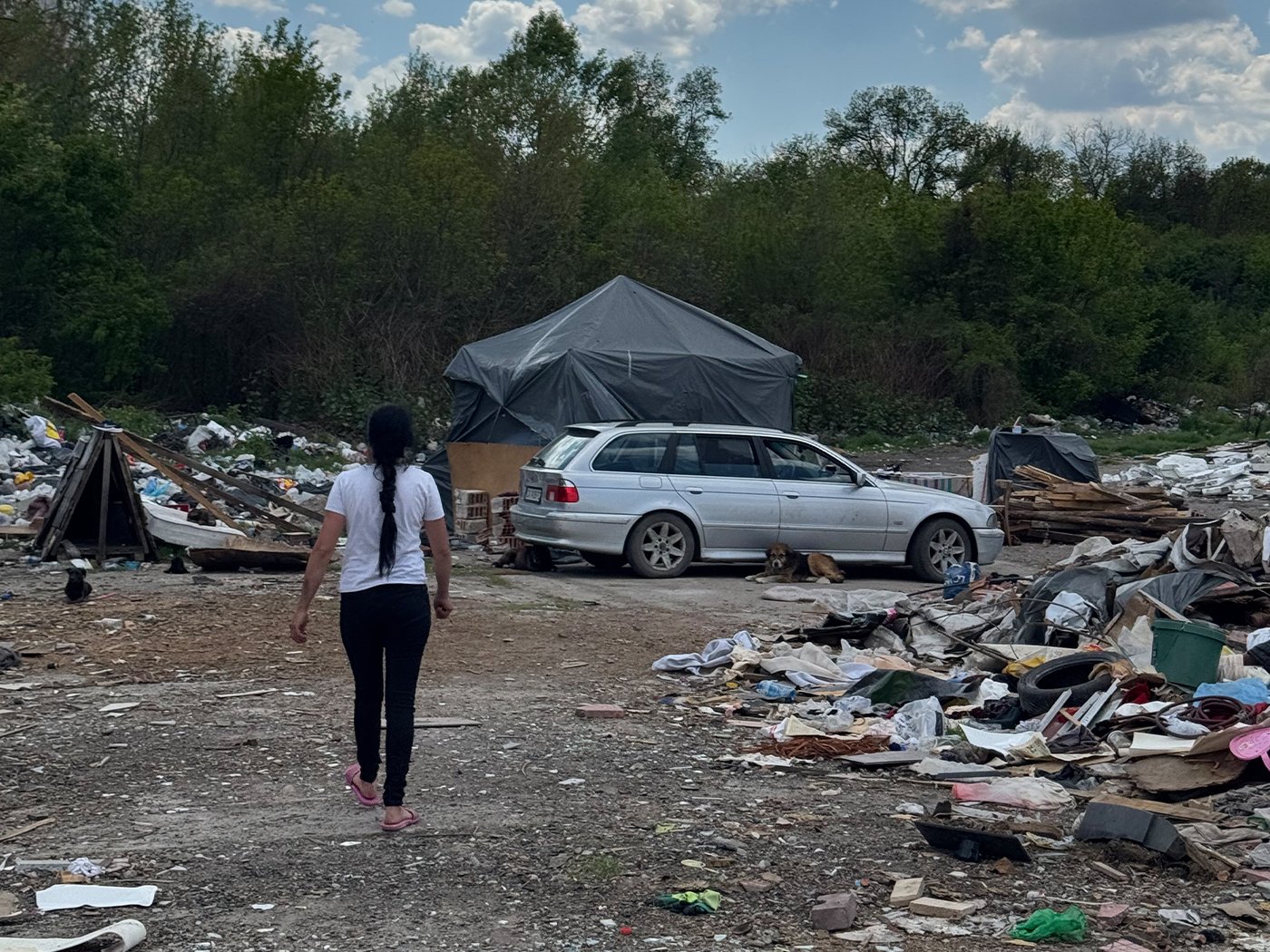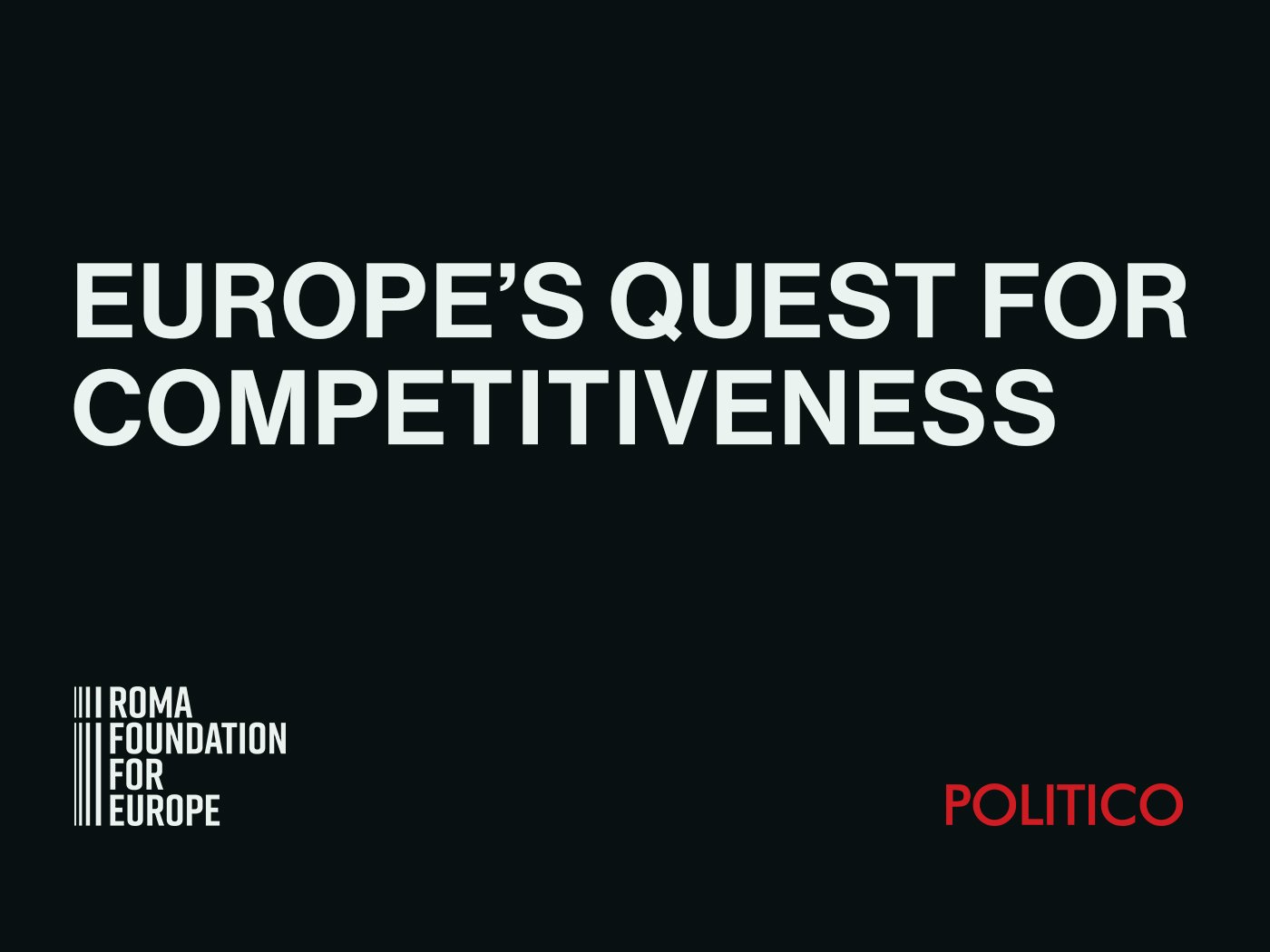In Sofia, the state has resumed bulldozing homes. This time, in Zaharna Fabrika—one of the capital’s oldest Roma neighbourhoods. The justification is familiar: illegal construction. So are the families affected: poor, politically excluded, stateless in practice if not on paper. And the public reaction? Silence at best. Justification at worst.
This is not about buildings. It is about a learned instinct to see poverty as personal failure, illegality as moral inferiority, and justice as blind adherence to rules rather than fair outcomes. It is about how a country shaped by authoritarian legacy and trauma survives by blaming the powerless instead of questioning the powerful.
For decades, Bulgaria has oscillated between systems that demanded obedience and punished deviation: first communism, now neoliberalism. In both regimes, compliance was virtue. Deviation—even when necessary—was punished.
Zaharna Fabrika reflects that legacy. The state says: you didn’t follow the rules. But it was the state that excluded these people from the rules in the first place.
Under communism, Roma were included only at the cost of cultural erasure. Under capitalism, they were the first to lose jobs and the last to be rehired. During transition, elites privatised public assets; Roma neighbourhoods were redlined and abandoned.
This exclusion is not a bug. It’s a feature. It was designed.
Many Bulgarians say: “But the homes are illegal,” as if that ends the discussion. As if illegality is a moral truth rather than a bureaucratic label. This reflex isn’t moral clarity—it’s historical trauma.
Generations have lived through collapse—empire, fascism, communism, broken EU promises. Each system taught people to obey, distrust, and look away. That conditioning lives on in a social reflex: don’t question the structure. Blame the individual. Especially if they’re poor. Especially if they’re outsiders.
Illegality in Bulgaria is not objective. It’s applied selectively. If all unlawful homes were treated like Zaharna Fabrika, the villas in Boyana and beach mansions in Sozopol would be rubble. They’re not. The law is not a standard. It’s a tool: a weapon against the poor, a shield for the powerful.
In 2019, “ApartmentGate” exposed politicians acquiring luxury homes at suspicious prices. No consequences. Meanwhile, over 3,000 Roma homes were destroyed between 2017 and 2020. No resignations. No national reckoning.
You ask: “How can someone build a home without permits?”
The real question is: how do you survive when the state refuses to let you exist legally?
Roma areas are made illegal through neglect, discriminatory planning, and systemic barriers to land and housing finance. In 2015, the European Court of Human Rights ruled that Bulgaria cannot demolish homes without alternatives. It didn’t excuse illegality. It defended dignity.
Yet some media outlets double down on vilification. One Novini.bg article asks: “Who is defending the illegal Gypsy shacks and why?” Such language doesn’t just reflect bias. It fuels it. It turns systemic injustice into moral theatre.
To claim emergency shelter is an “insult to taxpayers” is to ignore the ECHR’s rulings. It conflates legal exclusion with moral failure. It frames the powerful as victims and the voiceless as villains. This isn’t journalism. It’s complicity.
Why demolish Zaharna Fabrika in 2025?
Because Bulgaria is politically paralysed, economically unequal, and institutionally brittle. The EU’s anti-corruption measures have failed. When the system can’t deliver progress, it turns to punishment.
Zaharna Fabrika is not renewal. It’s performance. A show of order. A message that someone will pay—just not those responsible for national decline.
Roma communities are the ideal scapegoats: visible, vilified, voiceless. Politicians look strong. Bureaucrats check boxes. The public feels morally reassured. Nothing improves.
Some say: Roma must integrate. Be grateful. Obey the rules.
But integration is not compliance. It’s access. To housing. Work. Voice. You can’t ask people to rise when the system denies their place.
You can’t criminalise poverty and then express shock when poverty produces informal solutions. You can’t demolish homes and ask people to believe in democracy.
This isn’t about “Roma culture.” It’s about class. About economic violence masquerading as legal enforcement.
If Bulgaria were serious about equality, EU funds for Roma housing wouldn’t be spent on motorways.
If the law were fair, it would apply to gated estates as to shacks.
If dignity mattered, we wouldn’t debate whether human beings deserve shelter.
The real question isn’t “What did they build?” It’s: “What have we built?”
We’ve built a system where survival outside legality is punished more harshly than corruption inside it. A world where the poor must be perfect to earn rights, and the rich only need to be rich.
This is not the rule of law. It is the rule of fear.
And Zaharna Fabrika is not a slum. It is a mirror.
The only question left is whether we’re brave enough to look.
Daniela Samiri is a criminologist and writer whose work challenges the moral foundations of law and power. Holding a degree in Criminology, she examines how legal systems often serve injustice—and calls on conscience as a force for resistance. With a voice that is both fierce and principled, her writing speaks to those who refuse complicity and believe in the necessity of breaking unjust laws.

Daniela Samiri
Contributor
The latest

Illegal Roma Evictions in Bulgaria Expose Europe’s Systemic Failure

Bjørn Berge: “There’s a need to have the voices of Roma heard”
Browse by category
Campaigns
Events
Facts
Press
Voices
For media inquiries:
[email protected]Sign up here so you don’t miss out on campaign updates, upcoming events and other news from the Roma Foundation for Europe and our network.
Sign up for our newsletter
